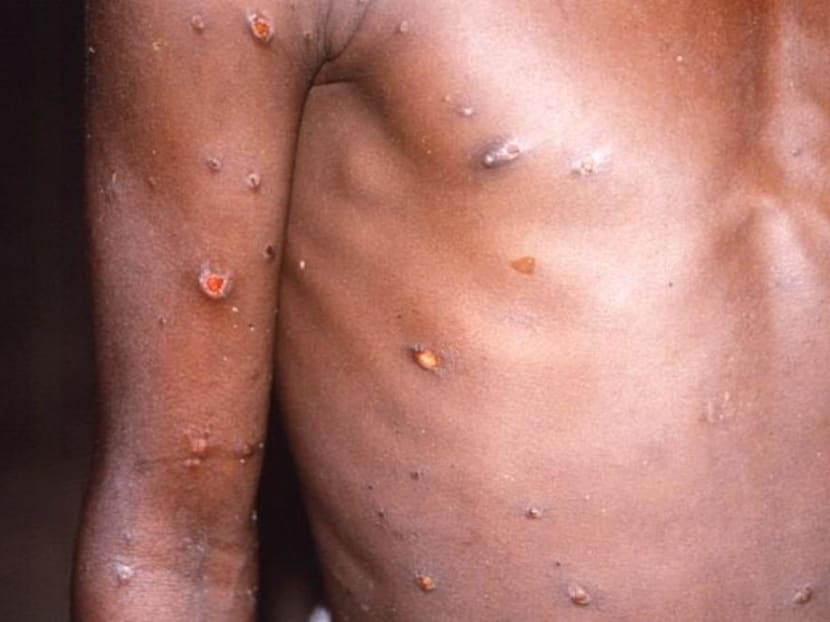Monkeypox: All 22 close contacts complete their quarantine and remain symptom-free
SINGAPORE — The Ministry of Health (MOH) said that all 22 people who came into close contact with a Nigerian man who arrived here last month with the rare monkeypox infection have completed their quarantine period, and remain symptom-free.

The Ministry of Health said that the Nigerian man who tested positive for monkeypox on May 8, 2019 has recovered and has been assessed to be non-infectious.
SINGAPORE — The Ministry of Health (MOH) said that all 22 people who came into close contact with a Nigerian man who arrived here last month with the rare monkeypox infection have completed their quarantine period, and remain symptom-free.
All the close contacts were monitored for the maximum incubation period of 21 days from their last date of exposure to the patient, the MOH said in a media statement on Tuesday (May 28).
The 38-year-old Nigerian man who tested positive for monkeypox on May 8 has recovered and has been assessed to be non-infectious, the MOH said.
“He was discharged from the National Centre for Infectious Diseases on May 24 and left Singapore on the same day,” it added.
Associate Professor Benjamin Ong, director of medical services at the ministry, said: “Early detection, contact tracing and quarantine of close contacts have enabled us to tackle the monkeypox case in a proactive, swift and coordinated manner."
But he emphasised that “Singapore must continue to stay vigilant in our fight against infectious disease threats”.
On May 9, MOH stated that Singapore had recorded its first case of the monkeypox infection. Before his arrival in Singapore, the man had attended a wedding in Nigeria and consumed bush meat, which was considered a potential source of transmission of the infection.
The World Health Organization (WHO) said that monkeypox is a viral disease transmitted from animals to humans through contact with blood and bodily fluids of infected animals. Some significant symptoms include fever, intense headache, back pain and more prominently, skin rashes that spread across the body, all lasting from 14 to 21 days.
Monkeypox is typically self-limiting, with most patients recovering within two to three weeks.
Mortality rates have been reported to range between 1 and 10 per cent during outbreaks, with younger patients being more susceptible to the disease.
ADVICE FOR THE PUBLIC
The MOH advises the public to remain vigilant, and for travellers to the affected areas of Central and Western Africa to take the following precautions:
Maintain a high standard of personal hygiene, including frequent hand-washing after going to the toilet, or when hands are soiled.
Avoid direct contact with skin lesions of infected living or dead persons or animals, as well as objects that may have become contaminated with infectious fluids, such as soiled clothing or linens (for example, bedding or towels) used by an infected person.
Avoid contact with wild animals, and consumption of bush meat.
Returning travellers from areas affected by monkeypox should seek immediate medical attention if they develop any disease symptoms (for example, sudden onset of high fever, swollen lymph nodes and rash) within three weeks of their return. They should inform their doctor of their recent travel history.






